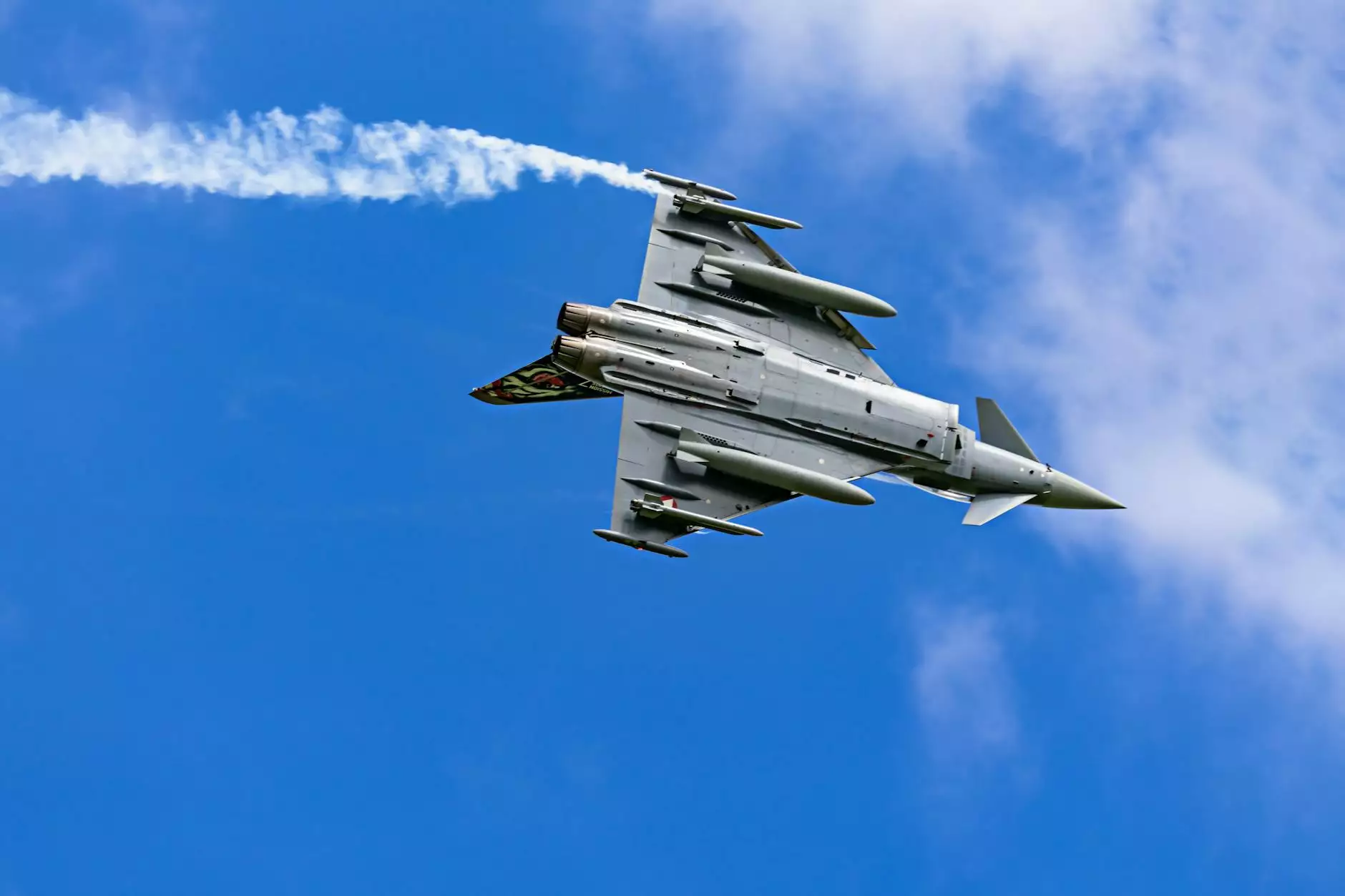Harnessing the Power of Stewart Etude in Aviation

The aviation industry is a vast and intricate web of operations, each part playing a crucial role in the overall functionality of air travel. Among the major themes that emerge in the discourse of aviation is the concept of Stewart Etude. This innovative framework not only influences flight instruction but also extends its reach into the realms of airlines and aviation services. Understanding and leveraging the principles of Stewart Etude can thus propel businesses towards unparalleled success in the dynamic world of aviation.
Understanding Stewart Etude: A Comprehensive Overview
The term Stewart Etude combines both proper noun 'Stewart' and the French word 'étude,' which means 'study' or 'exercise.' In various contexts, it can refer to a systematic approach to mastering skills through focused practice. In aviation, this concept translates to a meticulous analysis of processes that contribute to effective flight instruction and operational excellence.
The Importance of Focused Practice in Flight Instruction
In flight instruction, the principles behind Stewart Etude can fundamentally transform the training methodologies used by flight schools and instructors. Here are several key aspects:
- Targeted Skill Development: Just as musicians practice specific études to refine their skills, pilots can benefit from targeted exercises that address particular competencies and challenges in flying.
- Enhanced Learning Efficiency: By focusing on specific areas of improvement, instructors can tailor their lessons, leading to quicker mastery of essential skills.
- Measurable Progress: The Stewart Etude approach incorporates metrics to assess progress, ensuring that both instructors and students can track skill acquisition effectively.
Stewart Etude: A Game-Changer for Airlines
Airlines have a unique opportunity to implement Stewart Etude principles, which can enhance operational efficiency and customer satisfaction. By integrating systematic training and analysis into their protocols, airlines can achieve the following:
Operational Efficiency
Through the use of Stewart Etude, airlines can streamline their operations:
- Standard Operating Procedures: By studying and optimizing flight procedures, airlines can reduce delays and improve turnaround times.
- Safety Protocols: A focused examination of safety practices results in better-prepared crews and enhanced passenger safety.
- Resource Allocation: Efficient practices enable airlines to make smarter decisions regarding scheduling, thereby improving profitability.
Customer Experience Improvement
Customer satisfaction is paramount in the airline industry. Implementing Stewart Etude methodologies can lead to:
- Enhanced Communication: Focused training in customer service can significantly enhance communication skills among cabin crew, leading to a more pleasant flying experience.
- Personalized Services: Analyzing customer feedback through the Stewart Etude lens allows airlines to adapt their services to meet specific clientele needs.
- Consistent Quality: Systematic practice ensures that the quality of service remains consistent across different flights and crew members.
The Role of Stewart Etude in Aviation Services
Aviation services encompass a broad range of activities including maintenance, ground handling, and air traffic management. The Stewart Etude framework can contribute significantly to the development of each of these services:
Maintenance and Safety
In the realm of maintenance, a Stewart Etude approach can be particularly valuable:
- Regular Training Programs: Maintenance crews can engage in structured training that focuses on specific challenges and technological innovations in aviation maintenance.
- Proactive Safety Measures: Understanding potential safety hazards through systematic study can yield improvements in preventative maintenance protocols.
- Documentation and Analysis: Keeping meticulous records of maintenance procedures and their outcomes can enhance accountability and reliability.
Ground Handling Efficiency
For ground handling services, the Stewart Etude strategy can lead to:
- Process Optimization: A focused analysis of ground handling processes can lead to more efficient loading, unloading, and turnaround operations.
- Reduced Incidents: Training sessions rooted in the principles of Stewart Etude can minimize the occurrence of accidents and improve safety on the ground.
- Effective Communication Channels: Developing a systematic approach to communication among ground crew can enhance operations and prevent misunderstandings.
Embracing Stewart Etude: Practical Steps for Implementation
To successfully adopt the principles of Stewart Etude in flight instruction, airlines, and aviation services, consider the following steps:
Conduct a Needs Assessment
The first step is to understand the specific needs of your organization, which involves:
- Identifying Areas for Improvement: Seek feedback from employees and customers to pinpoint weaknesses.
- Establishing Goals: Set clear objectives that you wish to achieve through the Stewart Etude methodology.
- Resource Evaluation: Analyze available resources to support training and implementation.
Develop Training Programs
Once needs have been identified, create targeted training programs:
- Modular Training: Break down training into modules that focus on specific skills, similar to a curriculum based on études.
- Incorporate Technology: Leverage simulations and learning management systems to enhance training efficacy.
- Feedback Mechanism: Establish a continuous feedback loop to assess the effectiveness of training programs.
Monitor and Evaluate Progress
Implement measures to evaluate the effectiveness of the Stewart Etude framework:
- Regular Audits: Conduct regular reviews of operational procedures and training efficacy.
- Data Analysis: Utilize data to track progress towards goals, making adjustments as necessary.
- Continuous Improvement: Promote a culture of continual learning and improvement among staff and management.
Conclusion: The Bright Future of Stewart Etude in Aviation
Implementing the principles of Stewart Etude offers a transformative opportunity for the aviation industry. By fostering an environment of focused practice, systematic training, and strategic operational improvements, organizations can enhance their service offerings and operational efficiencies. As the industry continues to evolve, embracing methodologies like Stewart Etude is essential for staying competitive and meeting the demands of an ever-changing landscape.
The future of aviation lies in adopting innovative practices like those offered by Stewart Etude. For businesses in flight instruction, airlines, and aviation services, integrating this powerful concept can usher in a new era of excellence, safety, and customer satisfaction.









